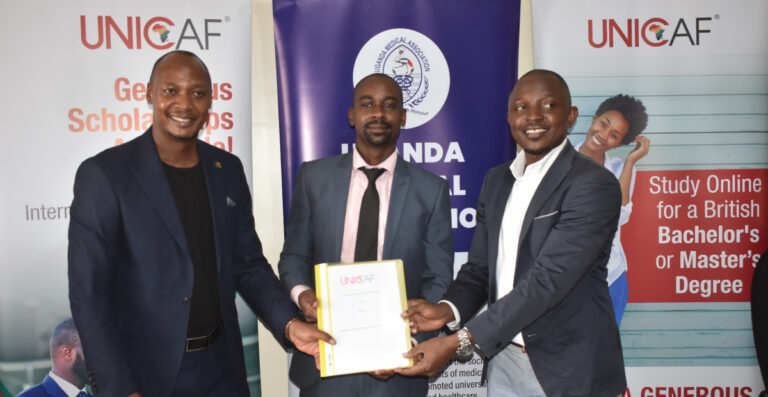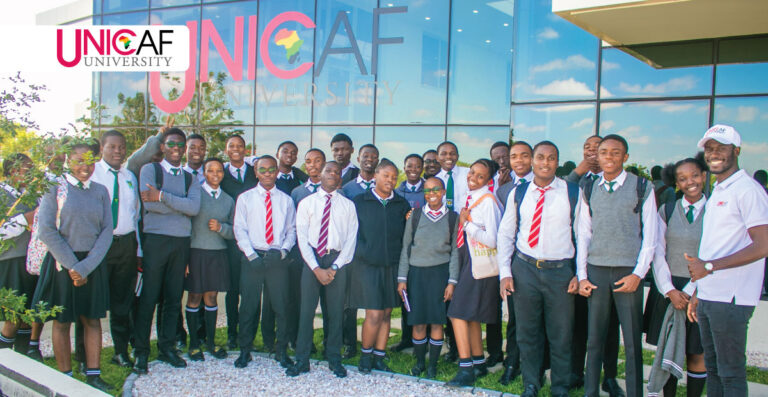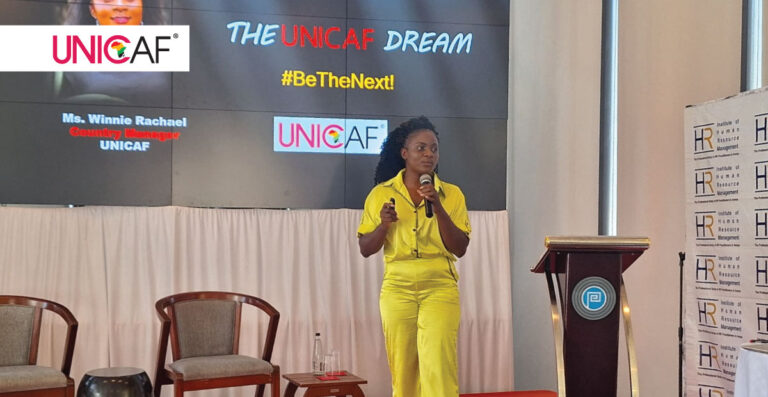Unicaf University in Zambia and the Centre for Environment Justice (CEJ) have signed a Memorandum of Understanding that focuses on promoting environmental protection through advocacy and research, with a special focus on projects with the youth in Zambia.
The signing of the MoU was held at the Unicaf University campus in Lusaka. The Vice-Chancellor, Dr Christine Phiri Mushibwe and CEJ Board Chairperson, Mr Vincent Ziba signed the agreement on behalf of the two institutions. Also in attendance were CEJ Executive Director, Ms Maggie Mapalo Mwape, Unicaf University Zambia Deputy Vice-Chancellor, Dr Lameck Mwewa, and CEJ Head of Programmes, Mr Ricky Kalaluka Mwewa.
In her remarks, Dr Christine Phiri Mushibwe emphasised the importance of the MoU as a major step in expanding Unicaf’s effort to contribute to achieving the Zambian Government’s vision and pronouncement on environmental protection. She added that academic and research activities at Unicaf University are designed to expose young people to issues of the environment and complement current efforts both locally and at a global level.
In his signing remarks, Mr Ziba stated that “The youth are at the centre of development and require accurate information on environmental protection,” adding that “their input on how the environment is managed is essential.”
The Centre for Environment Justice (CEJ) was established in 2010 to create platforms and processes to promote community access to quality and accurate information on environmental protection, extractive industries, sustainable energy, climate change, agriculture and water access. CEJ’s ultimate aim is to enhance accountability for better decision making and sustainable development as well as to support a safe and adaptive environment. The Centre also empowers, and strengthens environmentally challenged communities, youth, children, women, and men by involving them in promoting environmental justice and sustainable management of natural resources.




